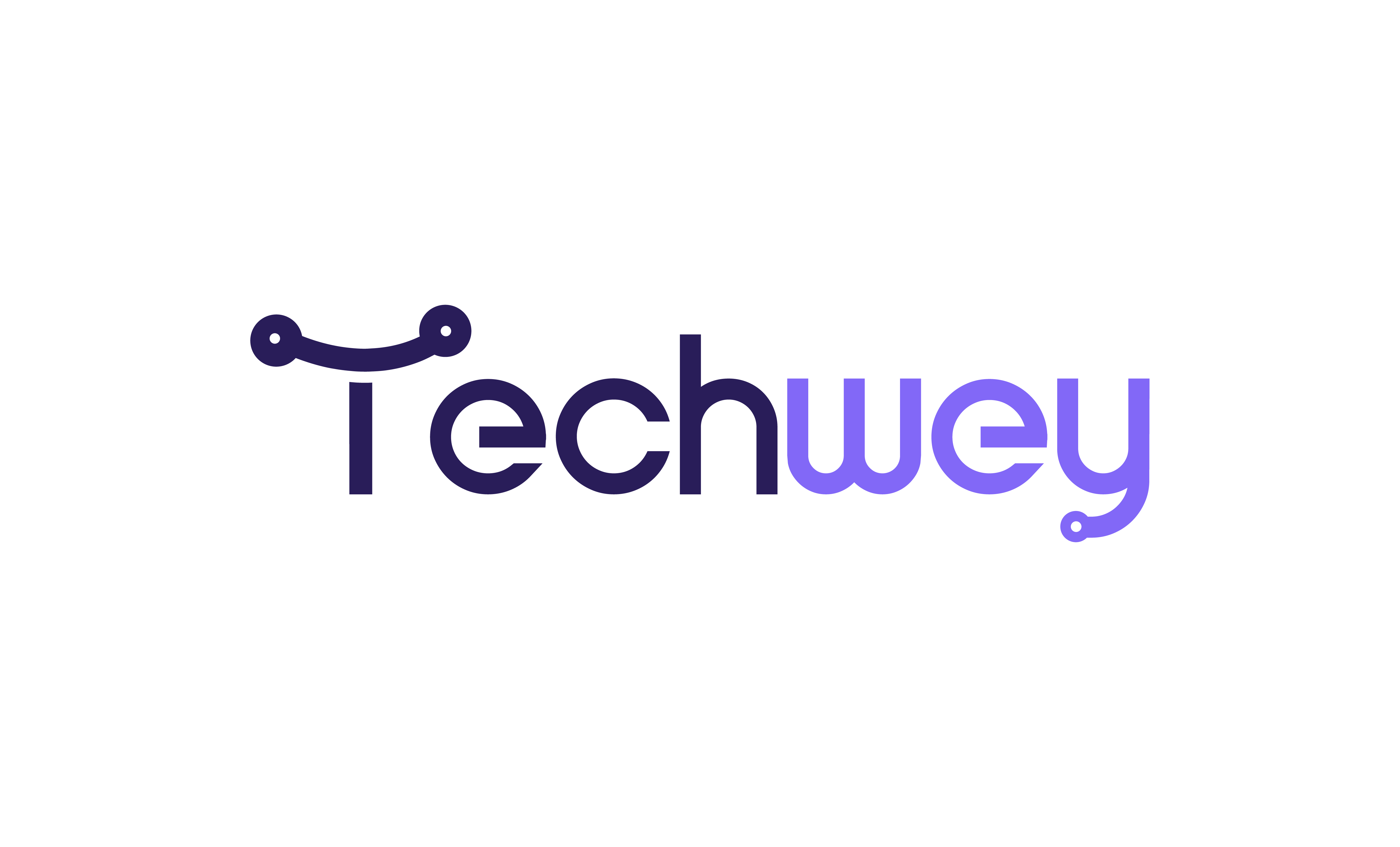
Nigeria is reportedly close to reaching a settlement with Meta Platforms Inc., the parent company of Facebook, Instagram, and WhatsApp, following a ₦48 billion ($33 million) fine imposed over alleged violations of the Nigeria Data Protection Act (NDPA).
The fine, announced earlier in 2025 by the Nigeria Data Protection Commission (NDPC), accused Meta of processing user data for targeted advertising without obtaining proper user consent — a breach of Section 24 of the NDPA. The case has since evolved into one of the most high-profile digital rights disputes in Africa, testing how far Nigeria’s new privacy regime can go in holding global tech giants accountable.
According to TechInAfrica and other reports, Meta and Nigerian authorities told a court in Abuja that both sides are in the “advanced stage” of negotiating a resolution that could end months of legal back-and-forth.
Why This Case Matters
This case goes beyond Meta — it’s about how data protection laws are enforced in Africa’s largest digital economy. The outcome will likely influence how companies like Google, TikTok, and X (formerly Twitter) operate in Nigeria going forward.
- Regulatory precedent: If a settlement is reached, it could define what “fair use” of user data means under the NDPA.
- Economic implications: The fine represents a small fraction of Meta’s revenue but a big signal for Nigeria’s regulators asserting digital sovereignty.
- Consumer trust: Nigerians are becoming more aware of data privacy, and this case could either rebuild or reduce confidence in the system, depending on its outcome.
As Nigeria continues to position itself as a digital innovation hub, cases like this help shape the balance between tech growth and user protection. The NDPC has already taken steps to audit other global companies for compliance, emphasizing transparency and local accountability. (NDPC Nigeria)
Meta’s Position
Meta has repeatedly said it is committed to user privacy and local regulatory compliance. The company already operates under the EU’s GDPR and has stated that it applies similar principles in emerging markets like Nigeria. However, regulators argue that Meta’s behavioral advertising practices rely on “implied consent,” which may not meet Nigeria’s stricter interpretation of informed consent.
In a recent filing, the NDPC noted that discussions have been “constructive” and that both sides are exploring a mutually beneficial resolution that avoids prolonged litigation.
What to Expect Next
If finalized, the settlement could include:
- A partial or full fine reduction in exchange for compliance guarantees
- A public commitment from Meta to localize certain data operations
- Possible collaboration with Nigerian agencies on data literacy initiatives
This development is a turning point for data governance in West Africa. It shows that Nigeria is serious about enforcing its digital laws — and that global tech companies will increasingly have to play by local rules.
For updates, follow the Nigeria Data Protection Commission or the National Information Technology Development Agency (NITDA), both of which oversee implementation of the country’s data frameworks.
Read more tech related articles here.






Leave a Reply